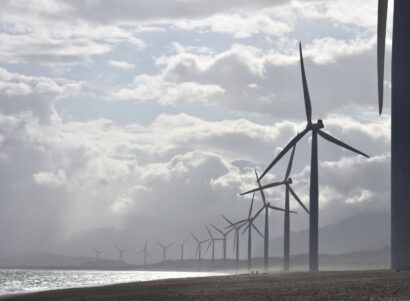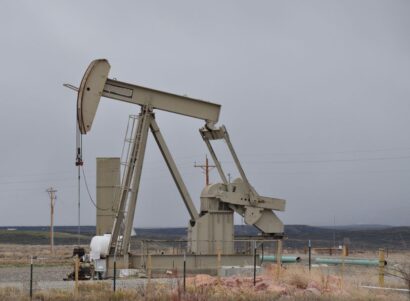Overview
In this analysis, we assess where solar and storage have the potential to replace existing California peaker power plants and where their deployment may yield the greatest environmental health and equity benefits. Across California, nearly 80 gas-fired power plants help meet statewide peak electric demand. These plants include 65 combustion turbines designed to ramp quickly to meet peak demand, and over ten aging steam and combined cycle turbines now used infrequently to meet peak needs. Half of these facilities are located in areas designated as disadvantaged communities by the state of California due to high cumulative socioeconomic, environmental, and health burdens. California peakers also disproportionately operate on days when ozone concentrations exceed federal standards, exacerbating local air quality conditions.
A number of the aging plants are poised for retirement, and some of the peakers are kept online only through expensive reliability contracts, suggesting many of these would be prime candidates for replacement. California has set numerous ambitious targets to support the deployment of renewable energy and energy storage and reduce dependence on fossil fuels, including 1.3 gigawatts of energy storage by 2020 and guidance recommending more than 12 gigawatts of battery storage by 2030. These targets support a transition for California’s power sector to reach 60 percent renewable electricity by 2030 and 100 percent carbon-free electricity by 2045.
The state also has funds set aside for investments in clean energy and emission reductions in disadvantaged communities. These measures provide an opportunity to replace inefficient, high-emitting peaker plants in vulnerable communities throughout the state with energy storage and solar. Storage is currently most cost-competitive with peaker plants, but moving forward this approach can set a precedent for displacing fossil fuel power plants across the grid.
Contact Us
To ask questions, make comments, report any errors in the data, or request a walk-through of the data visualizations, please contact Elena Krieger at: krieger@psehealthyenergy.org. These data are accurate to the best of our knowledge, but there are sometimes discrepancies in data aggregated from multiple sources and there may be errors in the compilation. We would appreciate your input if you notice any anomalies or inaccuracies to help us improve these visualizations. We are also eager to help you navigate and use the tool, so please reach out if we can help you use the tool to answer any specific questions.

 California Findings Summary
California Findings Summary
 Glossary
Glossary













